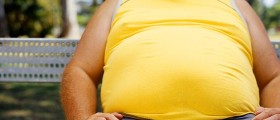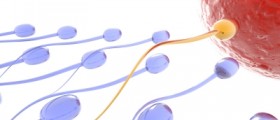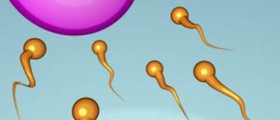
It is surprising to know but as many as 20% of young males between the age of 18 and 25 produce abnormally low sperm count. And even the sperm they produce does not meet the strict standards of World health organization s rules. In fact only about 10% of their sperm would actually meet these standards. Interesting, don t you think? Scientists say males suffer an abnormally high incidence of reproductive problems, including congenital defects and undescended testes to cancer and impotency. Therefore it is no surprise that as much as 1 in 7 couples are found to suffer from infertility problems with male factor infertility to be the most common cause.
20 years ago was the first time Danish scientists alerted the world Western men are suffering from an infertility crisis. For an illustrative example, before the 1940s sperm count was well above 100m sperm cells per ml, while now days sperm count in young men is below 20m sperm cells per ml, which is defined as abnormal. Fertility experts began to talk about a new phenomenon that was affecting males, also known as collection of disorders known as testicular dysgenesis syndrome. They soon began to ask themselves what was causing that disorder, suspecting lifestyle and environment.
They discovered that the problem begins in the womb practically it was not the lifestyle of men that is the problem, but the problem is in their mothers. For example, women that were exposed during pregnancy or while their sons were infants to high levels of toxic dioxins. Mothers who ate beef during pregnancy and a diet rich in potentially damaging chemicals called polycyclic aromatic hydrocarbons (PAHs), had sons with relatively low sperm counts, while if men were eating beef when adult, the consequences were not so dramatic. Additionally mothers who smoke also have a dramatic impact on son s fertility and may reduce sperm counts for up to 40 %.















Your thoughts on this
Loading...